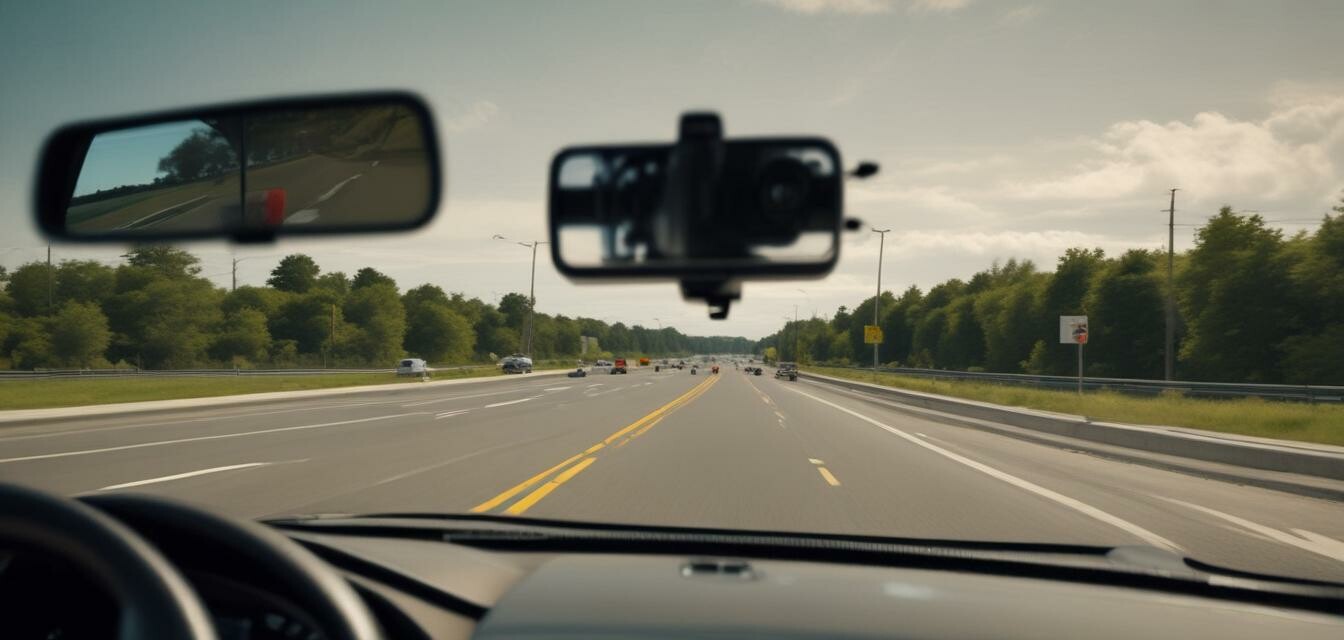
Using your dash cam to gather evidence after an accident
Key Takeaways
- Your dash cam can be crucial in providing clear evidence following a vehicle accident.
- Proper setup, storage, and management of footage are essential for effective use.
- Learn how to extract video evidence efficiently for insurance claims and legal disputes.
- Be aware of the legal aspects surrounding dash cam footage in your area.
In today's world, a dashboard camera can be a vital asset for any driver. Not only does it serve as a preventive measure against potential incidents, but it is also an invaluable tool when it comes to providing evidence after an accident. This article outlines practical tips on how to use your dash cam footage effectively for insurance claims and legal disputes, ensuring you have the right evidence at hand.
Why is dash cam footage important?
Dashboard cameras record everything happening on the road, which means they can capture crucial moments before, during, and after an accident. Here are some key reasons why this footage is valuable:
- Provides clear evidence: Video footage offers undeniable proof of what happened.
- Aids in insurance claims: Simplifies the process by providing clear visuals to insurers.
- Legal protection: Helps in legal disputes by confirming your account of the incident.
How to effectively use your dash cam footage
Once an accident occurs, your dash cam can play a pivotal role. Here’s how to make the most of the footage:
1. Ensure your dash cam is properly installed
Before anything else, make sure that your camera is securely mounted and functioning correctly:
- Place it where it has an unobstructed view of the road.
- Test it periodically to ensure it's recording properly.
2. Backup your footage
After an accident, it’s vital to back up your recordings:
- Transfer footage to a secure hard drive or cloud storage immediately.
- Keep multiple copies to avoid loss due to device failure.
3. Extract relevant footage
When you need to present footage for an insurance claim or in court, follow these points:
- Locate the exact timestamps of the incident.
- Edit the clips for clarity, if necessary, but avoid altering the content.
4. Share the footage responsibly
When sharing footage for claims or legal purposes:
- Provide only the relevant clips to the requesting party.
- Be cautious about sharing footage on social media or public platforms.
5. Understand the laws in your area
Different regions have varying laws about dash cam footage, especially regarding privacy:
- Check local regulations to ensure you're compliant.
- Some areas may restrict the use of footage from dash cams in certain scenarios.
Some common questions about dash cam usage
If you're new to using dash cams or have some concerns, here are some commonly asked questions:
| Question | Answer |
|---|---|
| Do I need to inform other drivers that I have a dash cam? | It depends on local laws, but generally, it is considered good practice to inform other parties involved in incidents. |
| How long should I keep dash cam footage? | Keep it as long as necessary for claims or disputes; generally, it's advised to review and store footage for at least a month. |
| Can my dash cam footage be used against me? | Yes, if the footage contradicts your statement or shows negligence. |
Tips for maximizing your dash cam’s benefits
Beginner’s Section
- Choose a high-quality dash cam for better resolution.
- Check for features like night vision and collision detection.
- Regularly clean your camera lens for clear visuals.
- Keep your firmware updated to ensure optimal performance.
- Practice retrieving clips so you're prepared after an incident.
Pros
- Provides undeniable evidence in case of an accident.
- Simplifies communication with insurance companies.
- Can promote safe driving behavior with recorded footage.
Cons
- Footage may not always be usable due to technical issues.
- Legal complexities can arise depending on local laws.
- Can lead to privacy concerns among involved parties.
Using your dash cam can be the difference between a complicated claims process and a smooth resolution after an accident. By understanding how to manage your footage effectively and staying compliant with local laws, you can leverage this technology to its fullest potential. To discover more about how to choose the best products for your needs, check out our guide on dashboard camera buying guides.
